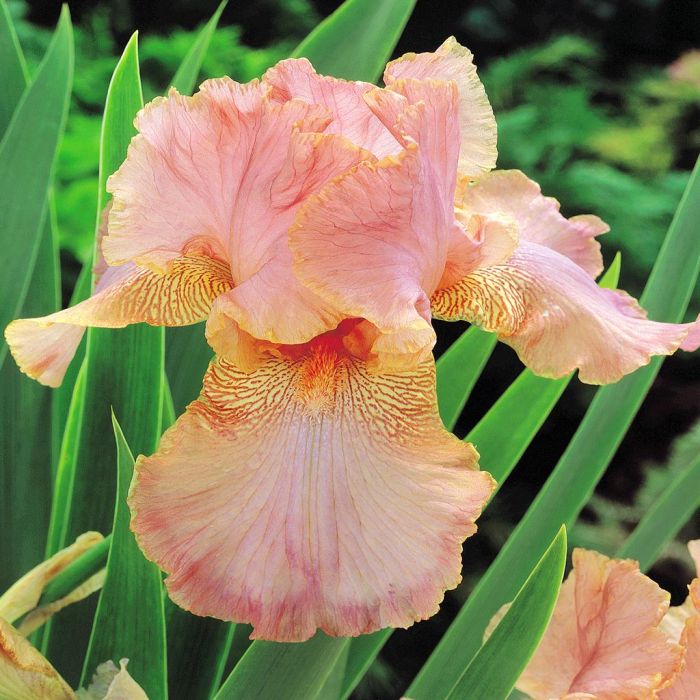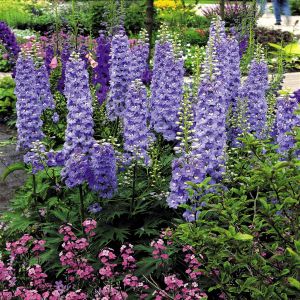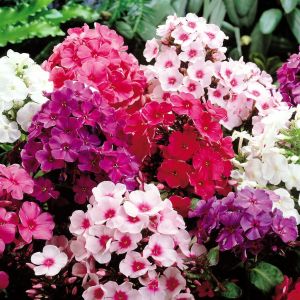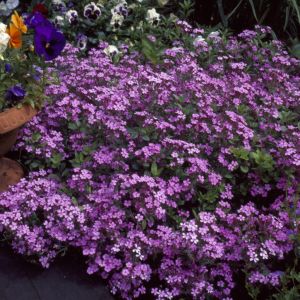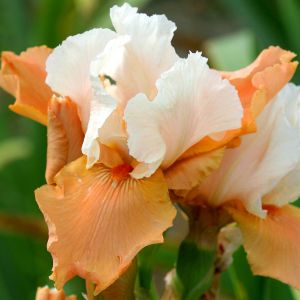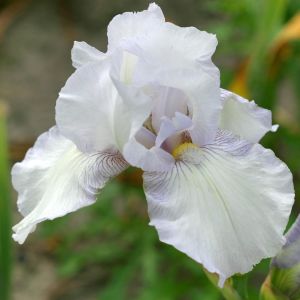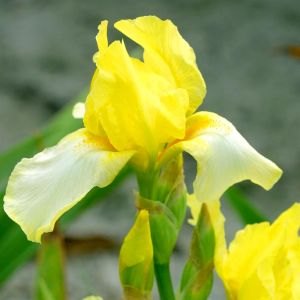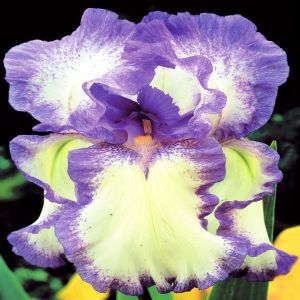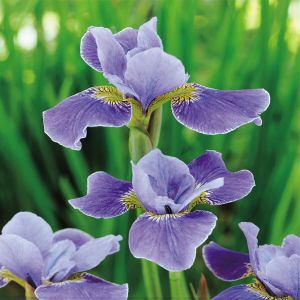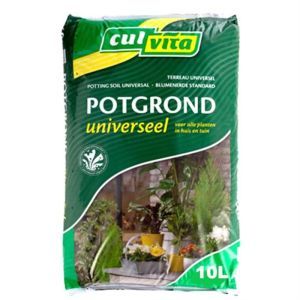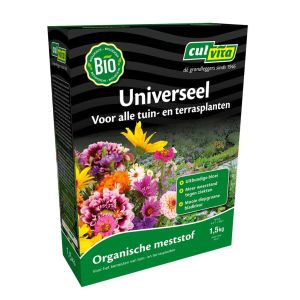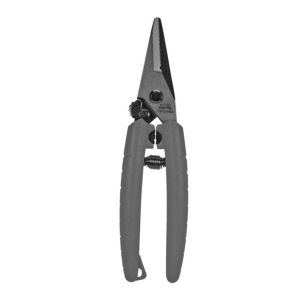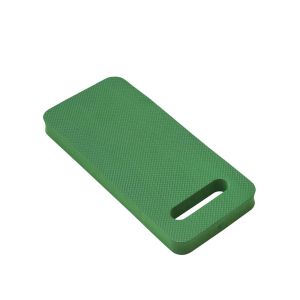Iris germanica Salmon Pink
- 1 x Iris germanica Salmon Pink
| Botanical name | Iris germanica Salmon Pink |
|---|---|
| Free Shipping | No |
| Category | Iris |
| Subcategory | germanica |
| aa_height | 5-10cm |
| Qty | 1x |
| Flowers | No |
| Flower period | Summer |
| Fragranr | No |
| Cutflowers | No |
| Flower colour | Pink |
| Fruits | No |
| Edible | No |
| Location | Sun and shade |
| Hardy | No |
| Groundcovering | No |
| Naturalizing | No |
| Plant spacing | 25cm |
| Preferred Soil | Well drained soil |
| Full grown height | 80cm - 100cm |
| Poisonous | No |
| Size | Rootstock |
| USP | Cutflower |
How to take care of Iris germanica Salmon Pink
Do not be alarmed by the dryness. Iris Rhizomes hate to be wet; it will not affect performance. Soak the rhizoms for a few hours prior to planting. Plant Iris germanica Salmon Pink in a sunny position in well-drained moisture retentive soil! Pay attention to drainage in heavy clay soils, it's better to plant in raised beds. Dig a shallow hole approx. 10 inches (25cm) in diameter or more and 4 inches (10cm) deep. Make a ridge of soil down the middle and place the rhizome on the ridge, spreading roots down both sides. Fill the hole with soil and firm it gently. Cover the roots and rhizome with dirt, but don’t bury deeply. Bearded irises have rhizomes (fleshy roots) that should be partially exposed, or thinly covered with soil in hot climates. Water deeply during periods of drought! Apply fertilizer and a thin layer of compost around the base of plants each spring and again after blooming. To encourage a second bloom, cut flower stalks to the ground after the leaves have turned yellow. Attention: Flowering may take one extra season, as Iris germanica Salmon Pink need to get settled. Divide rhizomes every 3-5 years in late summer. Replant immediately. We recommend protecting newly planted Iris especially in areas with harsh winters but once established if you cover iris your chance of soft rot increases. Irises need to breathe.
Fertiliser: High content of Nitrogen promotes rot problems.Phosphorous promotes root development and since the rhizome is all root, it needs lots of phosphorous. Potassium improves the overall health of the plant, defends against diseases and helps plants withstand very hot or cold weather.Soak the rhizomes in water for about an hour first. If you can’t plant them for a few days, plunge them into a tray of moist compost.


